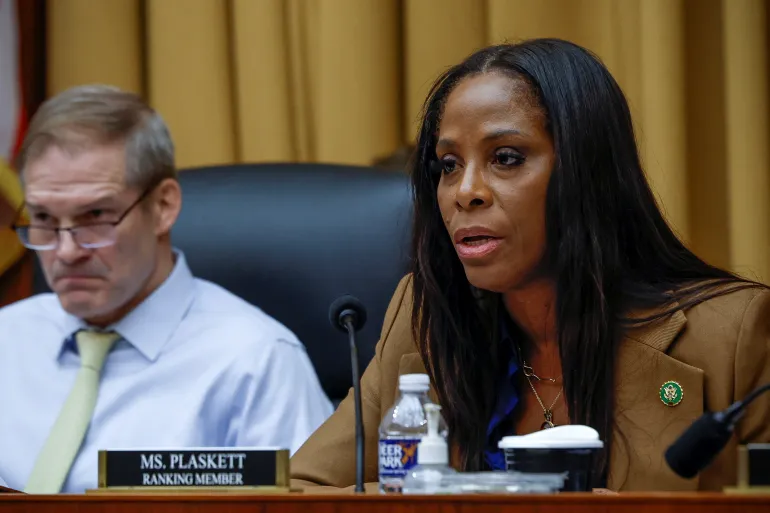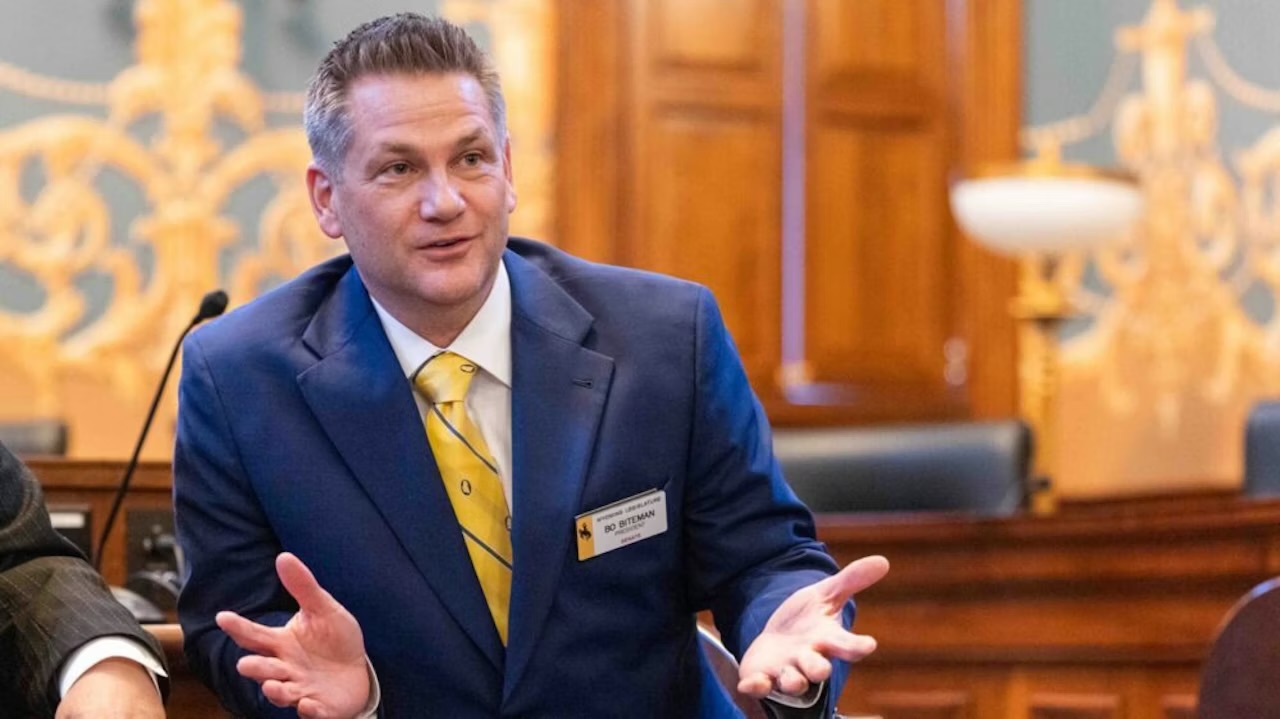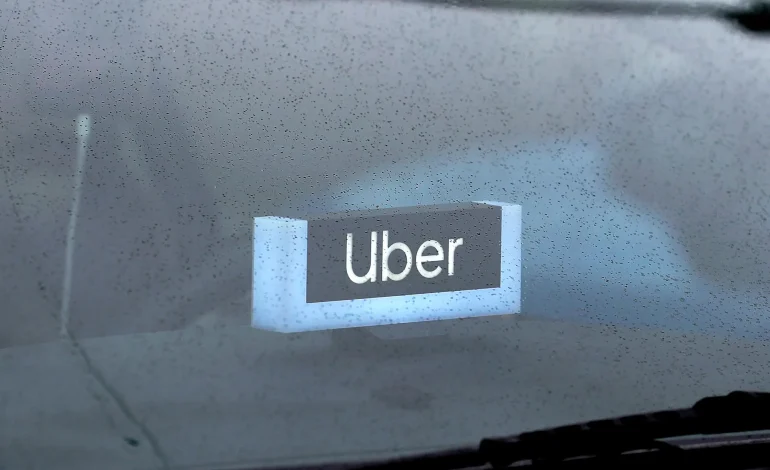Uber Technologies reported a 14% increase in revenue for the first quarter of 2025, signaling resilience in the face of broader economic uncertainty and shifting consumer behaviors.
The company posted $11.53 billion in revenue, just shy of analyst expectations, but outperformed on earnings, turning a $1.78 billion profit, or 83 cents per share, compared to a $654 million loss in the same period last year.
Despite concerns over reduced consumer spending and the potential effects of economic headwinds, including new tariffs introduced by President Donald Trump, Uber forecast stronger-than-expected growth for the second quarter. The company projected gross bookings between $45.75 billion and $47.25 billion, ahead of Wall Street estimates, and adjusted EBITDA in the range of $2.02 billion to $2.12 billion.
Gross bookings for the first quarter rose 14% year-over-year to $42.8 billion, while the number of trips booked increased 18% to 3.04 billion. Uber now has 170 million monthly active platform users, and its global driver and courier base earned a collective $18.6 billion during the quarter.
The company’s two main segments—ride-hailing and food delivery—saw year-over-year increases in gross bookings of 13% and 15%, respectively. Uber’s food delivery business, in particular, has gained traction amid a wave of consolidation in the sector. In line with this trend, Uber acquired an 85% stake in Turkish delivery platform Trendyol Go for $700 million.
CEO Dara Khosrowshahi acknowledged the global economic pressures but emphasized the company’s continued momentum.
“Uber delivered a strong start to the year, against a dizzying backdrop of headlines on trade and economic policy,” he said.
Khosrowshahi highlighted the company’s ongoing efforts to lower costs and invest in emerging technologies, particularly autonomous vehicles.
Autonomous vehicle partnerships have become a cornerstone of Uber’s strategy. In March, the company began an exclusive collaboration with Waymo in Austin, Texas, where over 100 autonomous Waymo vehicles now operate through the Uber app. Khosrowshahi described the performance of these vehicles as “busier than over 99% of all drivers” in the city. The partnership is slated to expand to Atlanta in the near future.
Uber now has 18 global partnerships in the autonomous vehicle space, including deals with Volkswagen, Aurora, May Mobility, and international firms like Pony.ai and WeRide. Khosrowshahi called AV technology “the single greatest opportunity ahead for Uber.”
Despite positive financial indicators, Uber faced regulatory challenges. In April, the Federal Trade Commission sued the company over alleged deceptive billing and cancellation practices related to its Uber One subscription service. Khosrowshahi defended the service, stating it is “very, very simple” to cancel.
Internally, the company is tightening policies. It recently increased the in-office work requirement for employees from two to three days per week and raised the eligibility period for its monthlong sabbatical program from five to eight years. These changes prompted employee pushback, which Khosrowshahi addressed directly, emphasizing the need for collaboration as Uber scales.
CNBC, the New York Times, the Financial Times, and the Wall Street Journal contributed to this report.










The latest news in your social feeds
Subscribe to our social media platforms to stay tuned